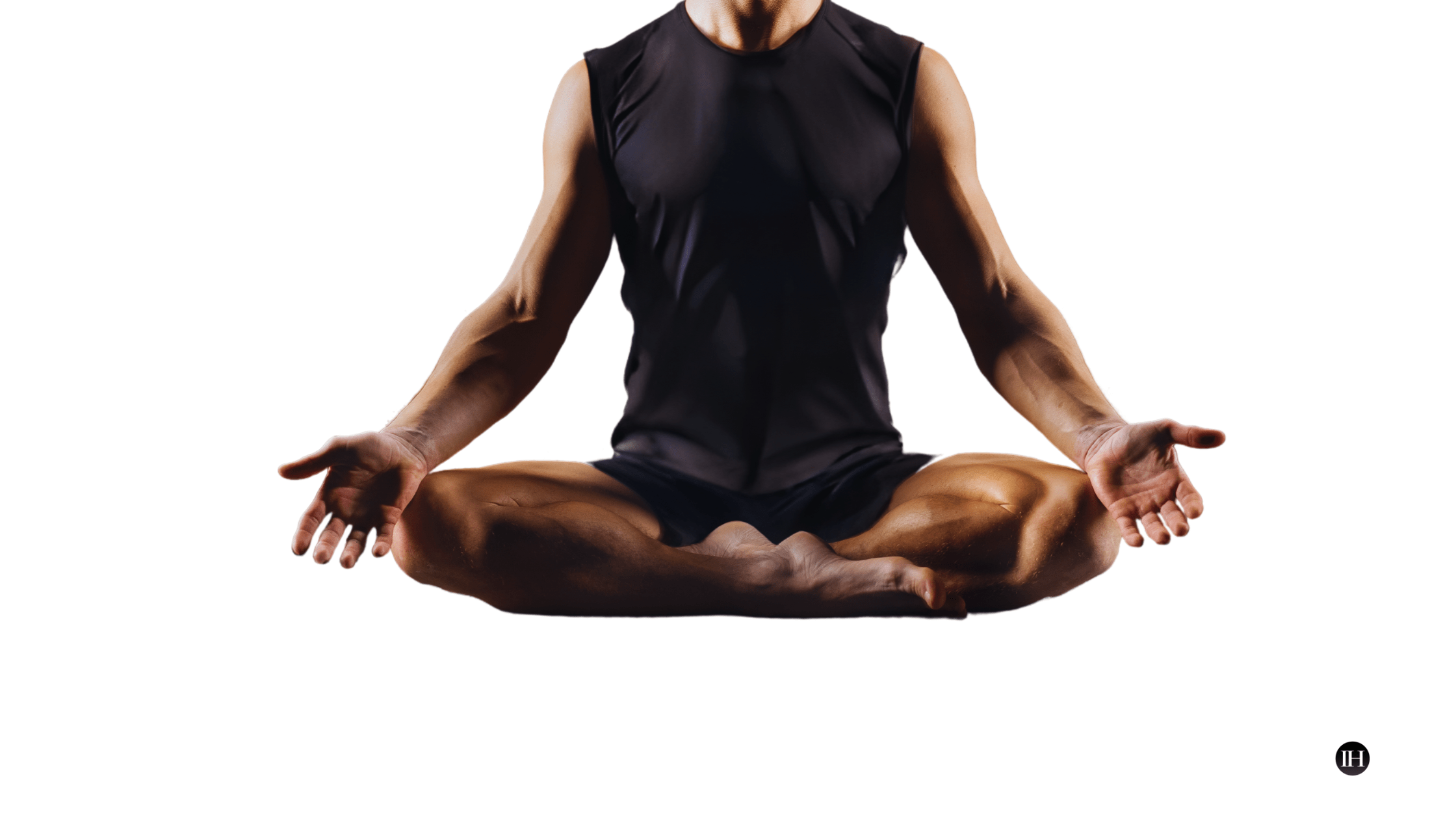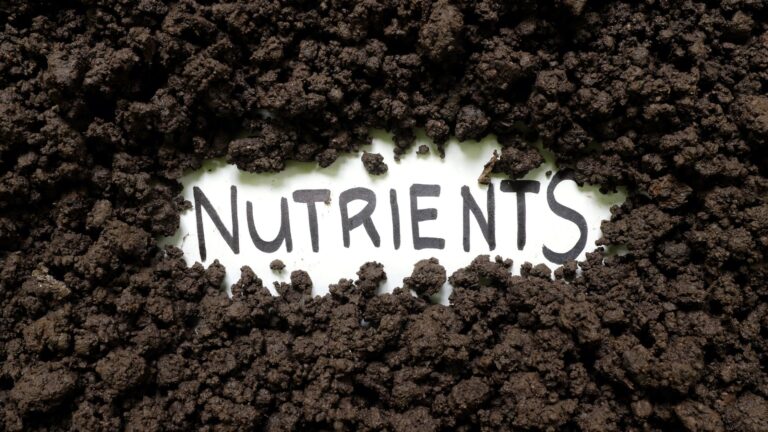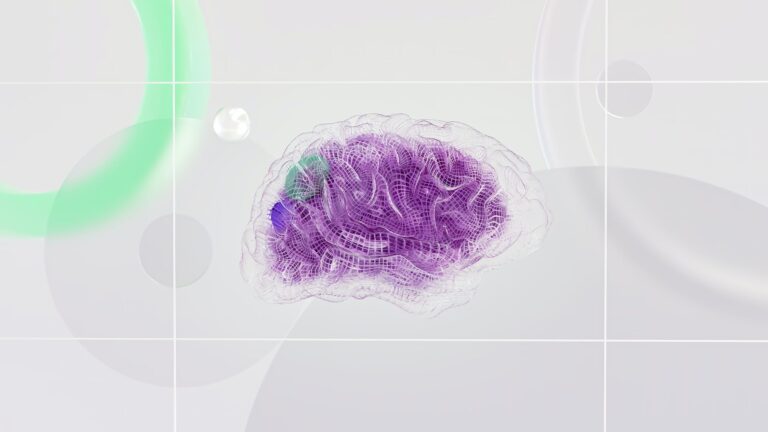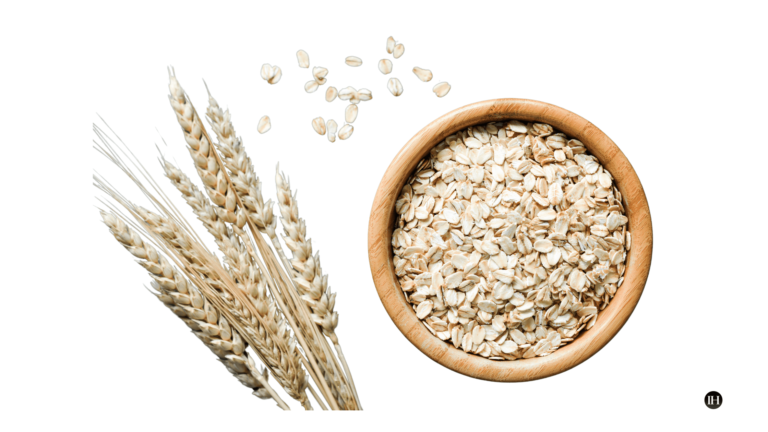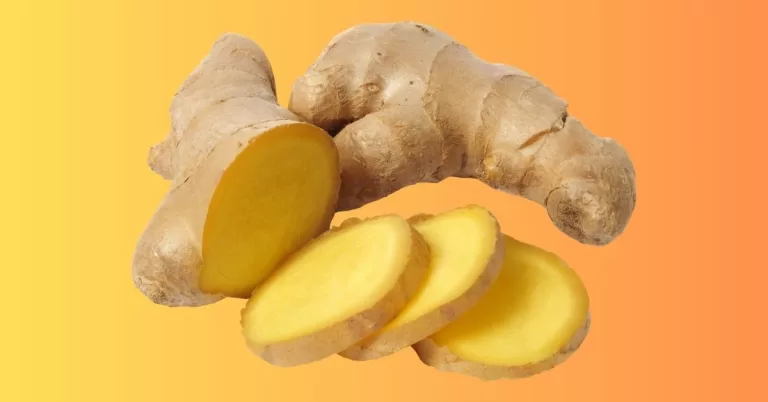Better The Mental Map: (FAM) Meditation & Essentials
A mental map is a cognitive tool that helps one navigate and comprehend the environment. It is also used in personal development.
Essentially, a mental map is an output of the brain (mind) and sensory organs; certain factors can influence its capacity. Specific meditative practices can enhance mental resources and their potential productivity, contributing to a more robust personal resource.
A combination of tools such as meditation, diet, and plant teas can help create a better mental environment and several sciences recognise this.
Combining practices and tools that support the brain and its capabilities can result in the real possibility of “mental integrity” and the capability to create better mental maps that help navigate things better.
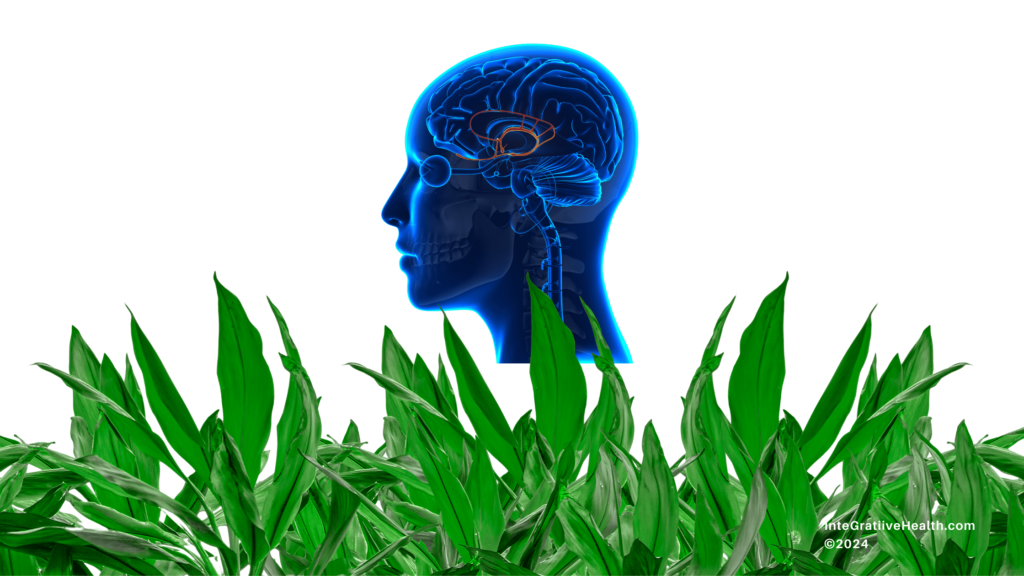
Mental mapping can be similar to visualisation, as both processes involve creating a mental representation of an environment, scenario, or a particular purpose.
Humans rely on the mind’s ability to construct and use images, which can enhance memory, improve personal performance, and facilitate problem-solving.
Neuro-linguistic programming (NLP) is another method that works with mental maps. It potentially restructures these mental maps to positively change behaviour, thinking patterns, and emotional responses.
As the body requires physical activity, the brain and mental energy benefit from several practices.
Key Points
- This article provides an overview of the role of mental maps in self-development. It explores redesigning and improving mental maps through practices such as meditation and secondary influences like diet and herbal teas.
- It also cites relevant case studies and classical science overview.
- Mental maps are a part of various areas of science including cognitive science, neuroscience, psychology, geography, and behavioral science.

The Evergreen: Cultivating Equilibrium & Fulfillment
Classical sciences have an evergreen relationship with the mind, cognitive faculties and the brain. They also suggest that the gut can be a route to better brain and mental potential.
Today, these practices hold even more relevance as they allow us to develop and cultivate our capabilities throughout our lifetimes.
For instance, Ayurveda suggests that the gut can be a gateway to improved cognitive capabilities, and in modern context, the relationship between the gut and brain axis recognises this relationship.
It also suggests that cultivating equilibrium forms the basis of meditative exercises to keep the mind integral, united, and as part of an interdependent unit, which is the body, the brain, and mental faculties should be considered tools that support crafting a fulfilling life.
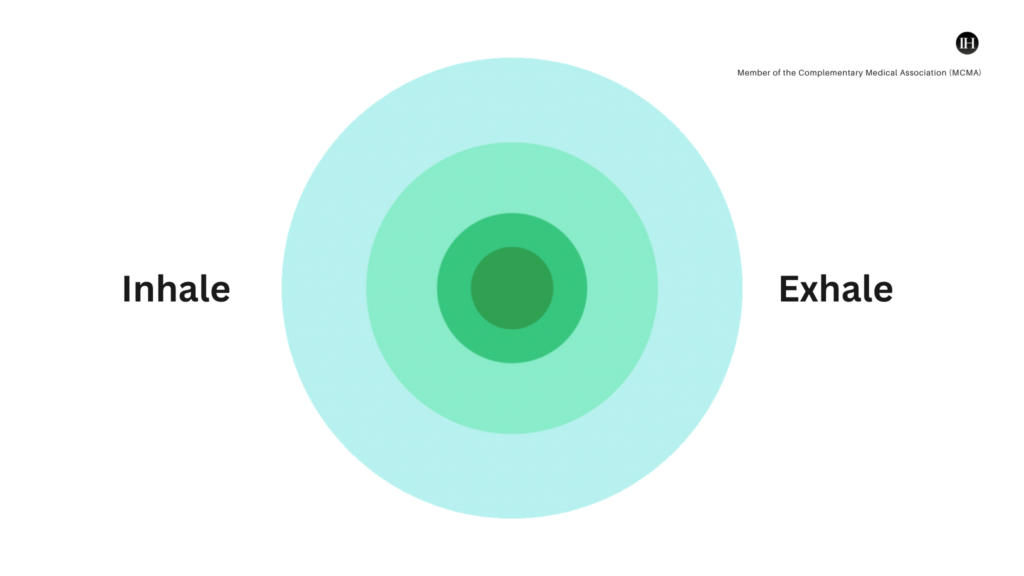
1. Mental Map Overview
In this context, mental maps play a significant role in self-improvement as they help us exercise our mental faculties. They help us understand and navigate internal and external landscapes in a systematic and rational way.
By developing a clear mental map of goals, values, and personal growth journey, individuals can enhance their self-awareness, identify areas for improvement, and chart a path towards personal development.
Additionally, mental maps can be utilized to visualize fulfillment, plan, and use obstacles efficiently, contributing to a more focused and intentional approach to self-improvement.
They can also help divert energy and put it to productive use and cultivating a clear internal environment can substantially help optimise use of time and energy.
Areas Of Use
- They can help overcome limitations,
- To allow the possibility of developing new perspectives,
- Most importantly, they can help improve overall well-being.
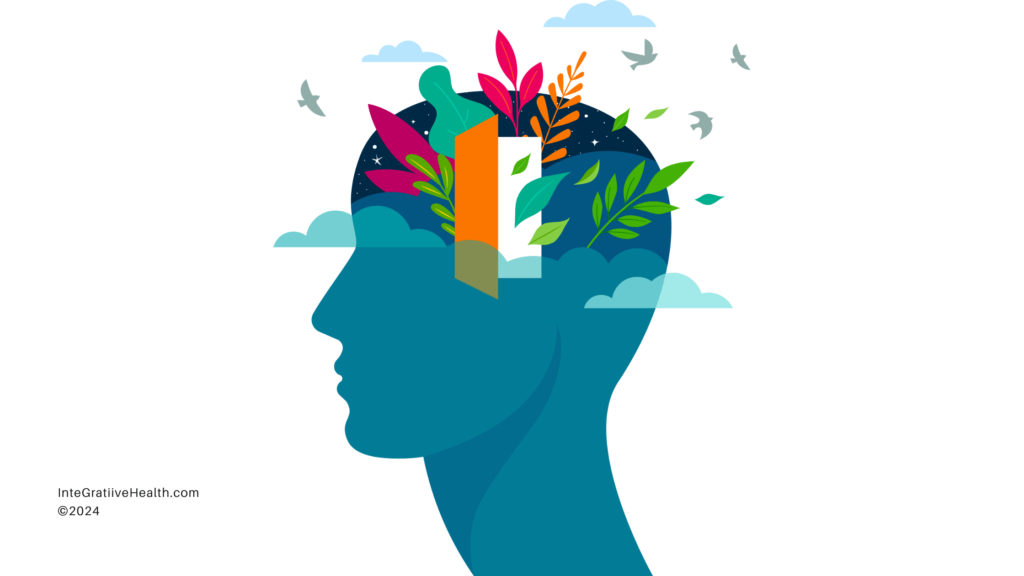
2. Focused Attention Meditation (FAM)
Meditation can influence mental maps by promoting a heightened sense of awareness, clarity of thought, and emotional regulation.
Through regular meditation practice, an individual can develop a more balanced and improved perspective, which is fundamental to overall well-being.
In this respect, the fundamental basis of any meditative practice is to better human possibilities.
For instance, “focused attention meditation“ is an ancient practice, and modern-day studies suggest it can influence neural modulation.
Neural Modulation
Neural modulation involves changing the activity of neurons in the nervous system, influencing various physiological and cognitive processes.
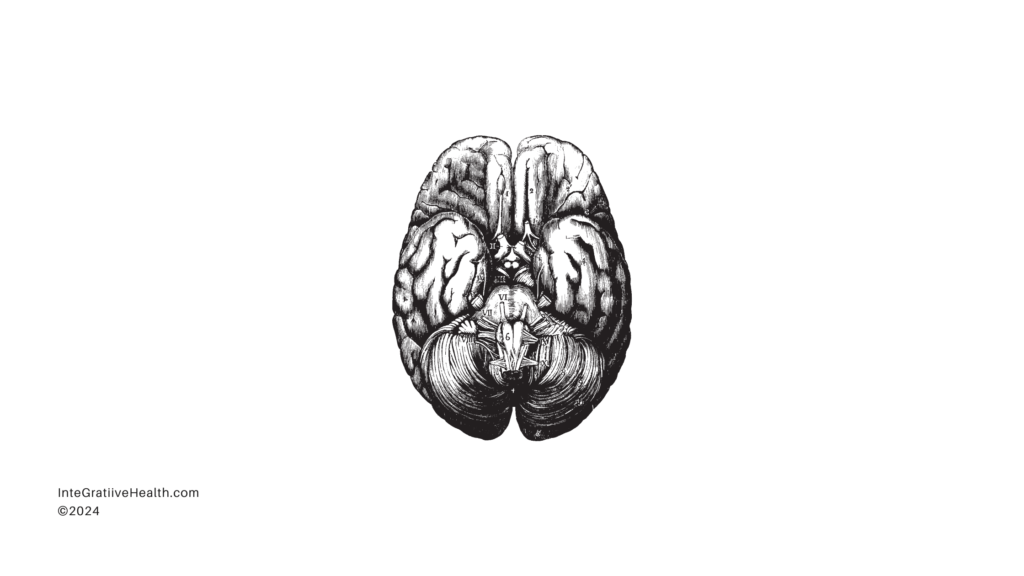
2.1 (FAM) Case Study
According to a Zhang et al. (2023) study, “Focused attention meditation (FAM) focuses and maintains attention on the practitioner’s breathing or a small object while inhibiting distractions from internal or external resources.”
Here are some key points of their findings:
- The neural effect of a 2-month (FAM) training on novice meditators was studied. Their findings suggest that mediation influences neural modulation and repetitive activation in brain networks, leading to lasting changes in brain function and structure.
- Gray Matter Density (GMD): consists of neuronal cell bodies in specific brain regions. Meditation has been found to change brain structure and increase “gray matter density” in various brain networks. Studies have shown that higher gray matter density in certain brain areas is associated with better cognitive function and memory.
- Additionally, activities such as meditation and aerobic exercise can lead to increased gray matter density in the brain.
- Cortical Thickness: the changes include increased cortical thickness and altered resting-state functional connectivity among different brain networks. This refers to the thickness of the cerebral cortex, which is the outer layer of the brain and plays a role in various cognitive functions such as memory, attention, perception, and language.
2.2 (MAP) Training Case Study
Similarly, in a different study, “MAP Train My Brain: Meditation Combined with Aerobic Exercise Reduces Stress and Rumination While Enhancing Quality of Life in Medical Students” by Lavadera et al. (2020),
- the study found that combining meditation with aerobic exercise can reduce stress and rumination while enhancing overall well-being;
- although the study was conducted on medical students, it also suggests that it is an impactful system for others.
- “Mental and physical” training is a combined approach of meditation and exercise. Similarly, (MAP) has been a prescribed route by classical sciences despite gaining more prominence over recent years.
2.3 (MM) A 10 Minute Practice
A third insight, by Sleimen-Malkoun, Devillers-Réolon, and Temprado (2023) conducted a study to investigate the acute effects of a single session of mindfulness meditation (MM) on cognitive performance, regardless of meditation experience.
- The study found that mindfulness meditation may enhance cognitive performance, regardless of the individual’s level of meditation experience (Sleimen-Malkoun et al., 2023).
- A 10-minute MM practice can acutely enhance the attention, inhibition, and cognitive flexibility processes in the Stroop task (used to measure attention, cognitive flexibility, and processing speed), regardless of previous experience in mindfulness meditation practice.
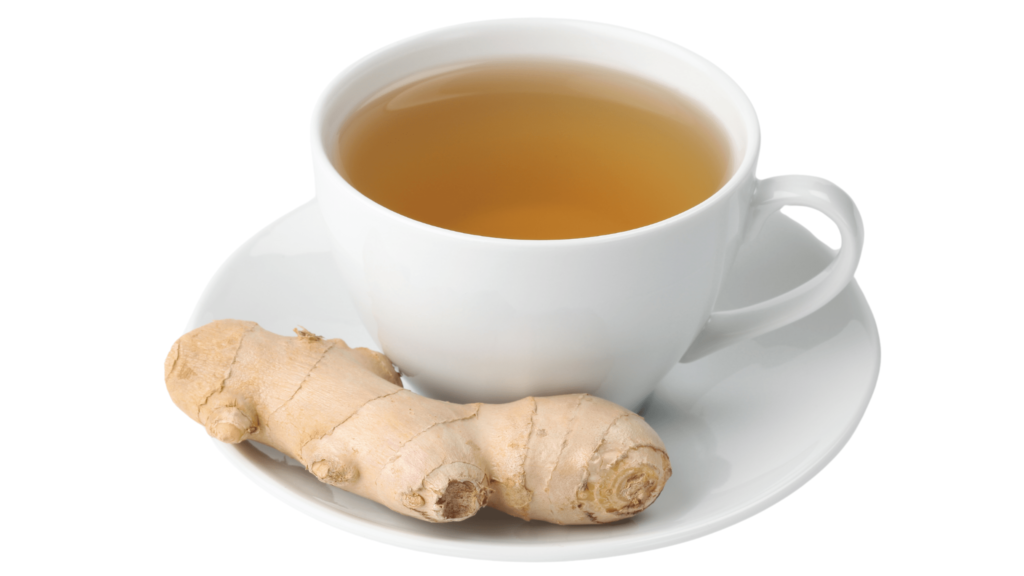
Considering that meditation practices can influence structural, cognitive, and behavioural changes such as memory, attention, perception, and emotion regulation, these effects can manifest in brain activity and potentially impact the mental maps related to self-development.
3. Improving Mental Maps With Plant (Herbal) Teas
In the same way, plant herbal teas, also known as tisanes, have been used for centuries due to their several effects on the body and brain.
Specifically, this article refers to caffeine-free tea, excluding traditional black teas.
Due to several plant compounds and their long list of modulatory effects, these teas may impact brain and cognitive function.
This entirely depends on the type of plant, the method used, and the individual’s health status.
Consequently, they may be helpful as part of a well-balanced diet and dose-dependent routine for better mental vitality.
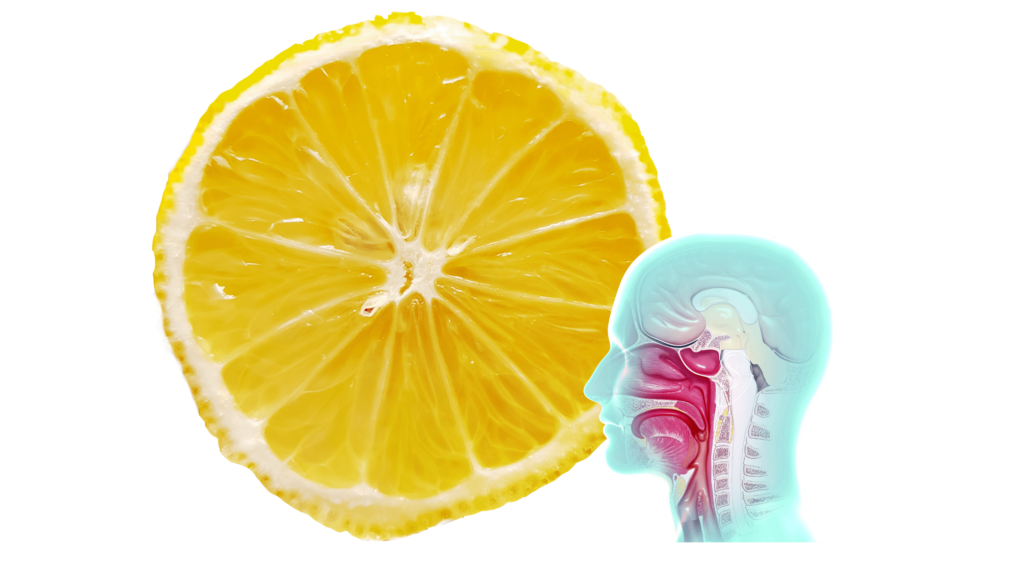
Certain plant teas are associated with potential cognitive effects, such as improved focus and relaxation, which may reduce mental fatigue and stress in the brain.
In this respect, compounds in herbal teas like chamomile, sage, rose, ginkgo biloba, ginger, turmeric, and green tea have been studied for their potential.
Further reading: Herbal teas therapeutic value.
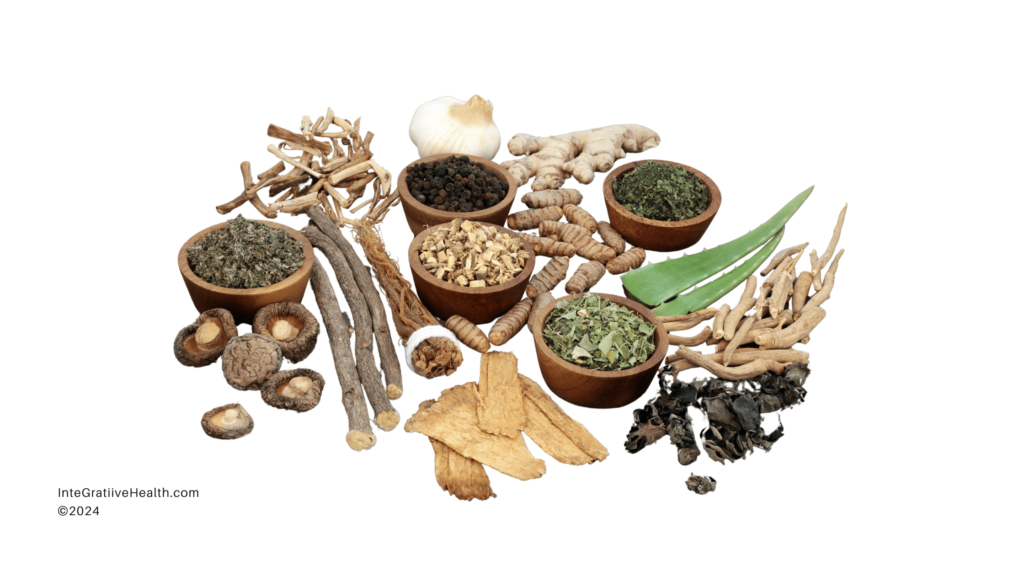
4. Using The Gut To Fuel Better Internal Integrity
Furthermore, diet and foods can significantly impact the brain, cognition and overall body integrity.
Several studies highlight how bi-directional communication between the gut and brain exists.
Secondly, numerous available studies indicate that inflammation affects the body. Therefore, small dietary adjustments, such as following an anti-inflammatory diet, can help improve inflammatory markers.
One beneficial plant for this purpose is Curcuma Longa or turmeric.
A well-balanced and nutritious diet can significantly help mental integrity, which may lead to better mental vitality and improved cognitive output.
From a classical science viewpoint, the Ayurvedic Khichdi is a comprehensively nutritional meal. It contains several plant polyphenols, compounds, and macro and micronutrients, which create a whole-food interplay known as the food matrix.
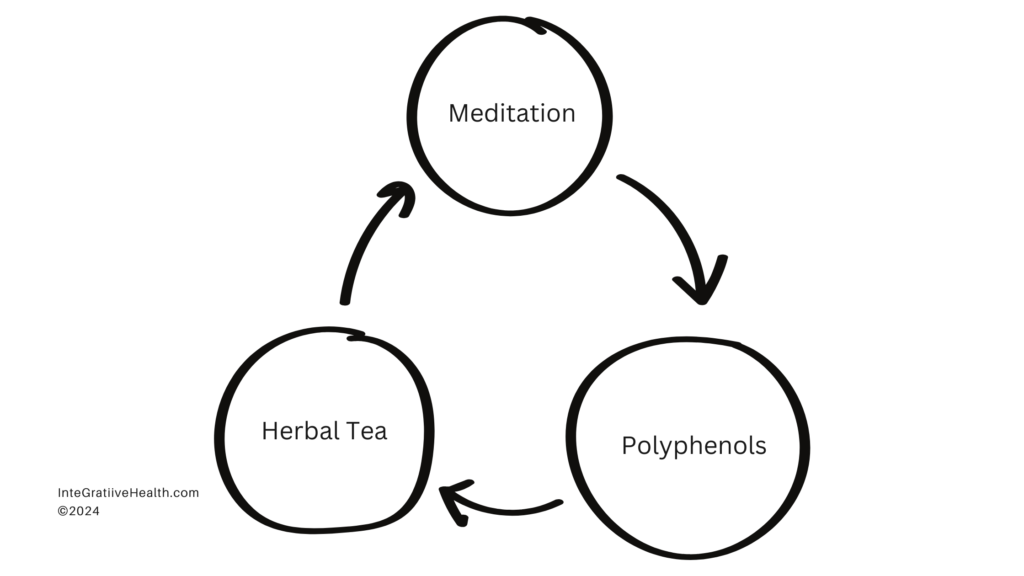
Summary
In summary, mental maps can play an important role in self-improvement by helping navigate a personal development path. They also offer rational and systematic ways of approaching things.
Practices such as meditation, diet, and herbal teas can significantly influence mind vitality and, therefore, help in mental maps, ultimately contributing to cognitive function and overall well-being.
Focused attention meditation (FAM) has been shown to promote heightened awareness, emotional regulation, and neural modulation, leading to lasting changes in brain function and structure.
These tools are associated with influencing the brain’s abilities, which may lead to increased self-awareness, resilience, and fulfilment.
Ultimately, they may contribute to improved productivity, self-development, and overall well-being.
Precautions & Suitability
The information provided is for educational purposes and is not intended to replace medical advice. Consult a healthcare professional before implementing any therapeutic diet or wellness routine. Suitability depends on individual health status. Overconsumption can have harmful effects on the body, so it is crucial to understand the phyto components of herbal therapeutics.
This is an informational post only and does not constitute professional advice.
References & Data in this article:
Sleimen-Malkoun R, Devillers-Réolon L, Temprado JJ. A single session of mindfulness meditation may acutely enhance cognitive performance regardless of meditation experience. PLoS One. 2023 Mar 15;18(3):e0282188. doi: 10.1371/journal.pone.0282188. PMID: 36920902; PMCID: PMC10016675.
Zhang Y, Chen S, Zhang Z, Duan W, Zhao L, Weinschenk G, Luh WM, Anderson AK, Dai W. Effect of Meditation on Brain Activity during an Attention Task: A Comparison Study of ASL and BOLD Task fMRI. Brain Sci. 2023 Nov 29;13(12):1653. doi: 10.3390/brainsci13121653. PMID: 38137100; PMCID: PMC10741430.
Lavadera, Paul et al. “MAP Train My Brain: Meditation Combined with Aerobic Exercise Reduces Stress and Rumination While Enhancing Quality of Life in Medical Students.” Journal of alternative and complementary medicine (New York, N.Y.) vol. 26,5 (2020): 418-423. doi:10.1089/acm.2019.0281
Brimson JM, Prasanth MI, Malar DS, Sharika R, Sivamaruthi BS, Kesika P, Chaiyasut C, Tencomnao T, Prasansuklab A. Role of Herbal Teas in Regulating Cellular Homeostasis and Autophagy and Their Implications in Regulating Overall Health. Nutrients. 2021 Jun 23;13(7):2162. doi: 10.3390/nu13072162. PMID: 34201882; PMCID: PMC8308238.
Gwak MG, Chang SY. Gut-Brain Connection: Microbiome, Gut Barrier, and Environmental Sensors. Immune Netw. 2021 Jun 16;21(3):e20. doi: 10.4110/in.2021.21.e20. PMID: 34277110; PMCID: PMC8263213.

